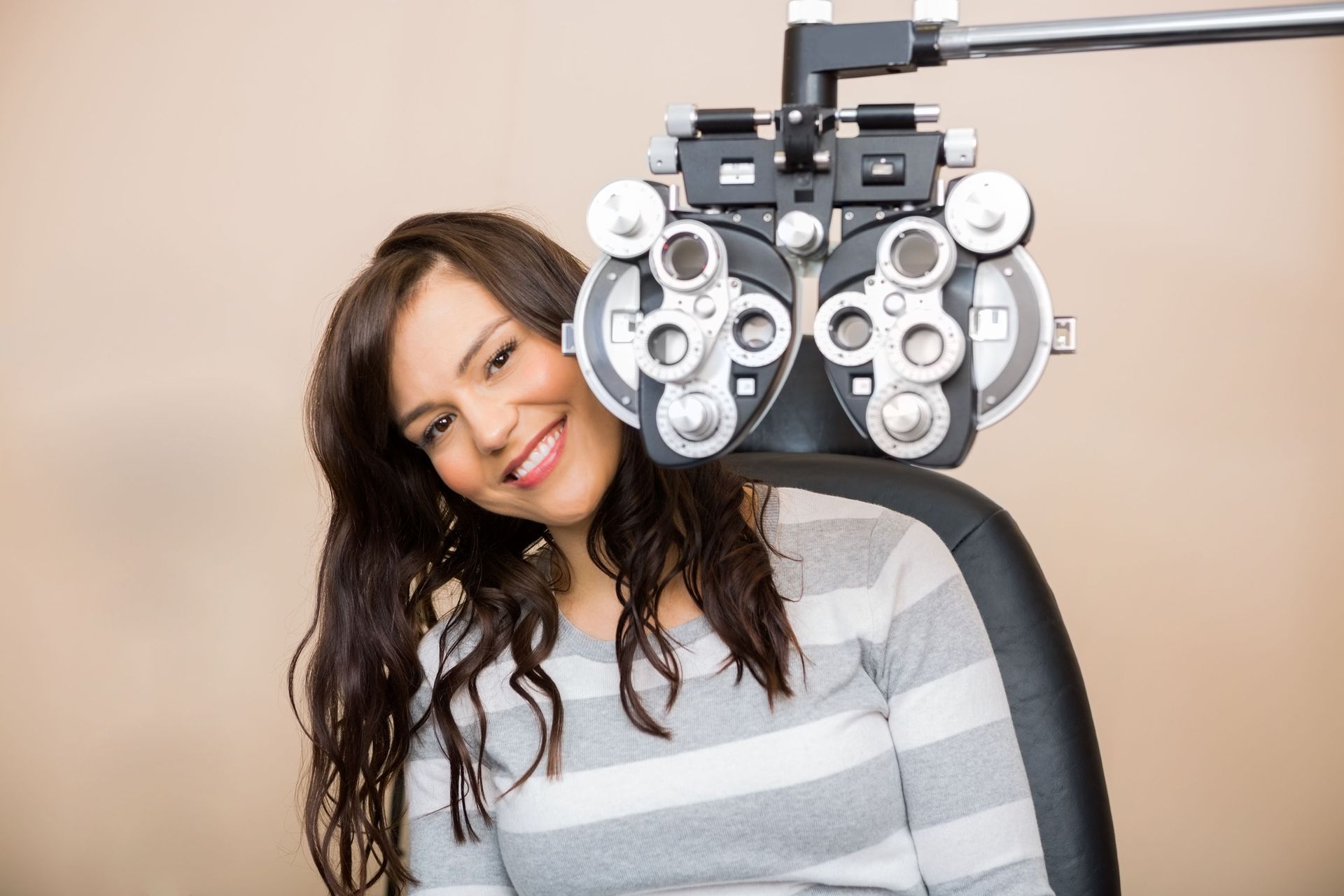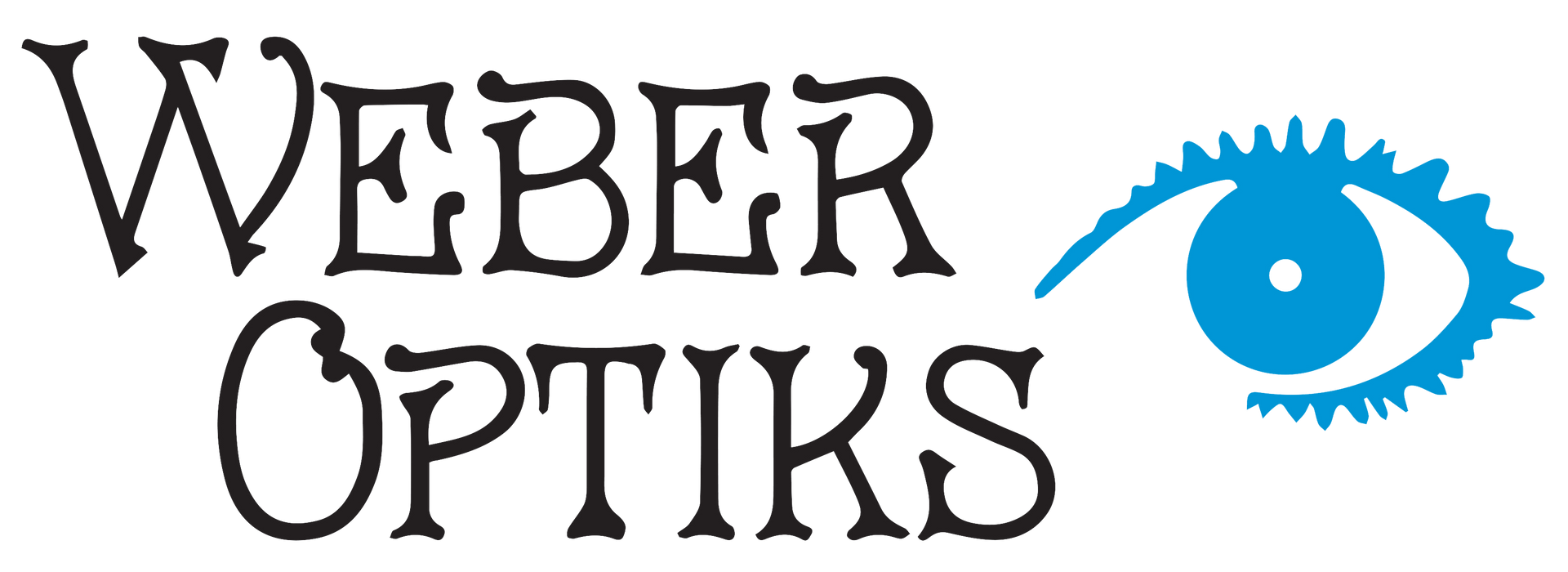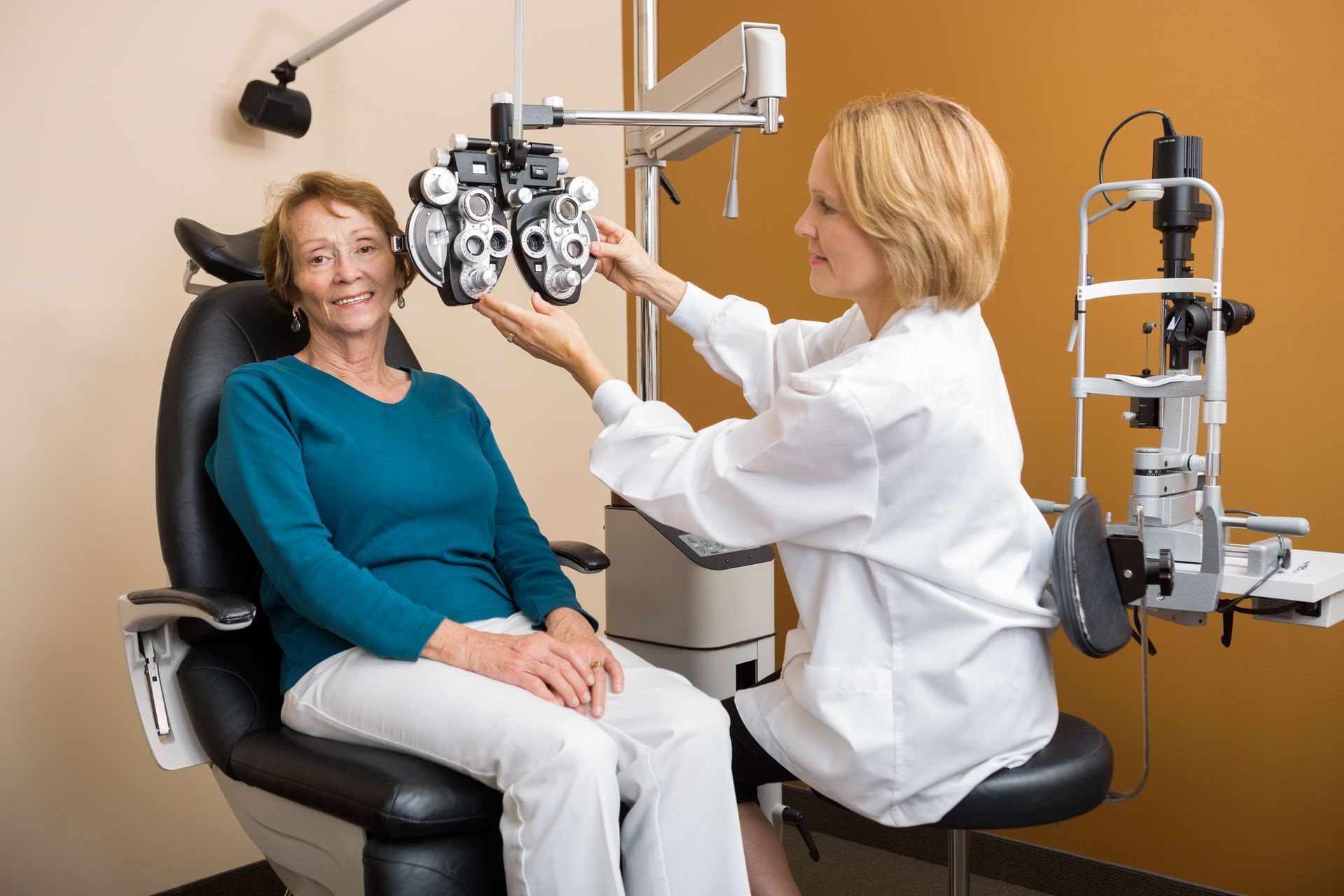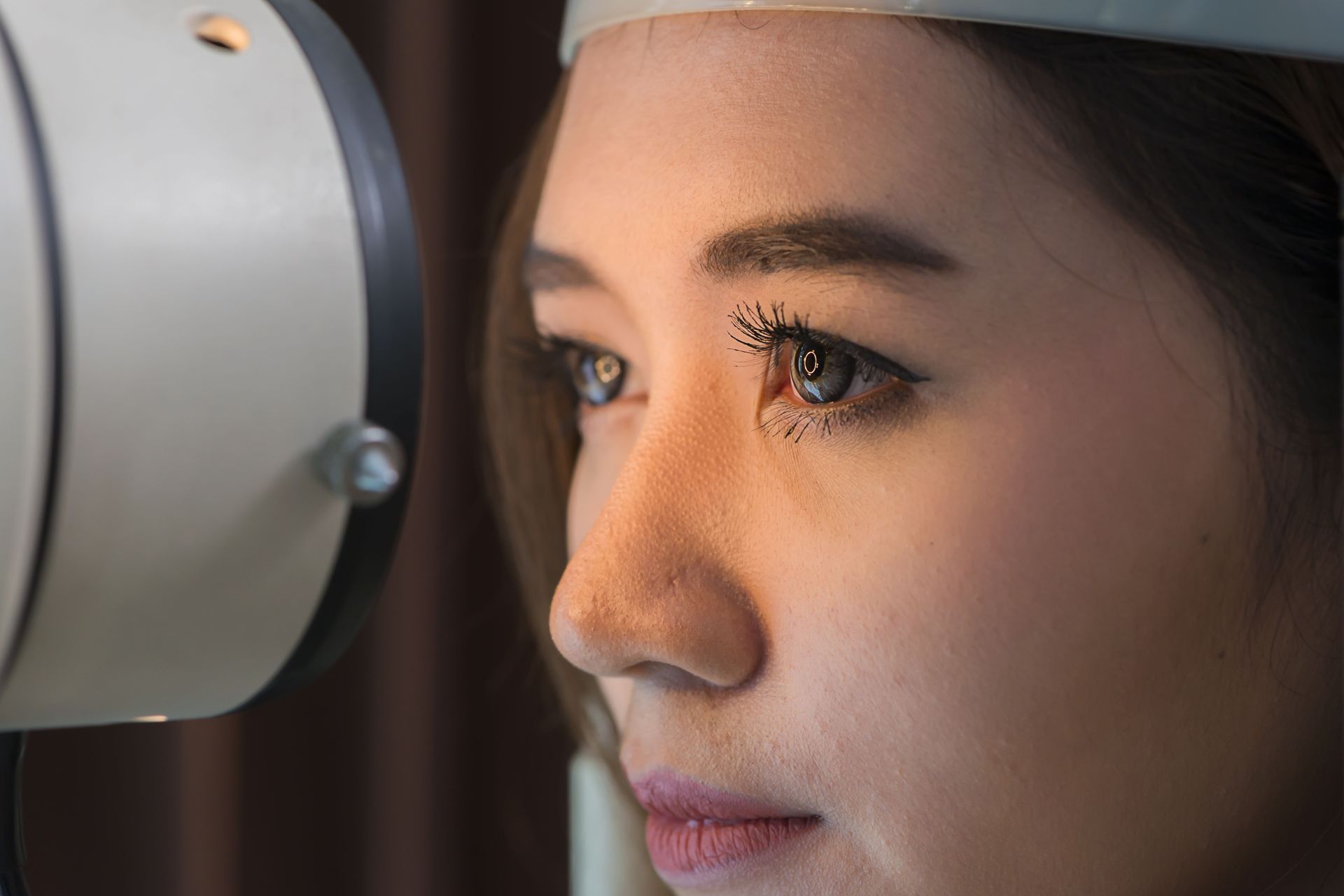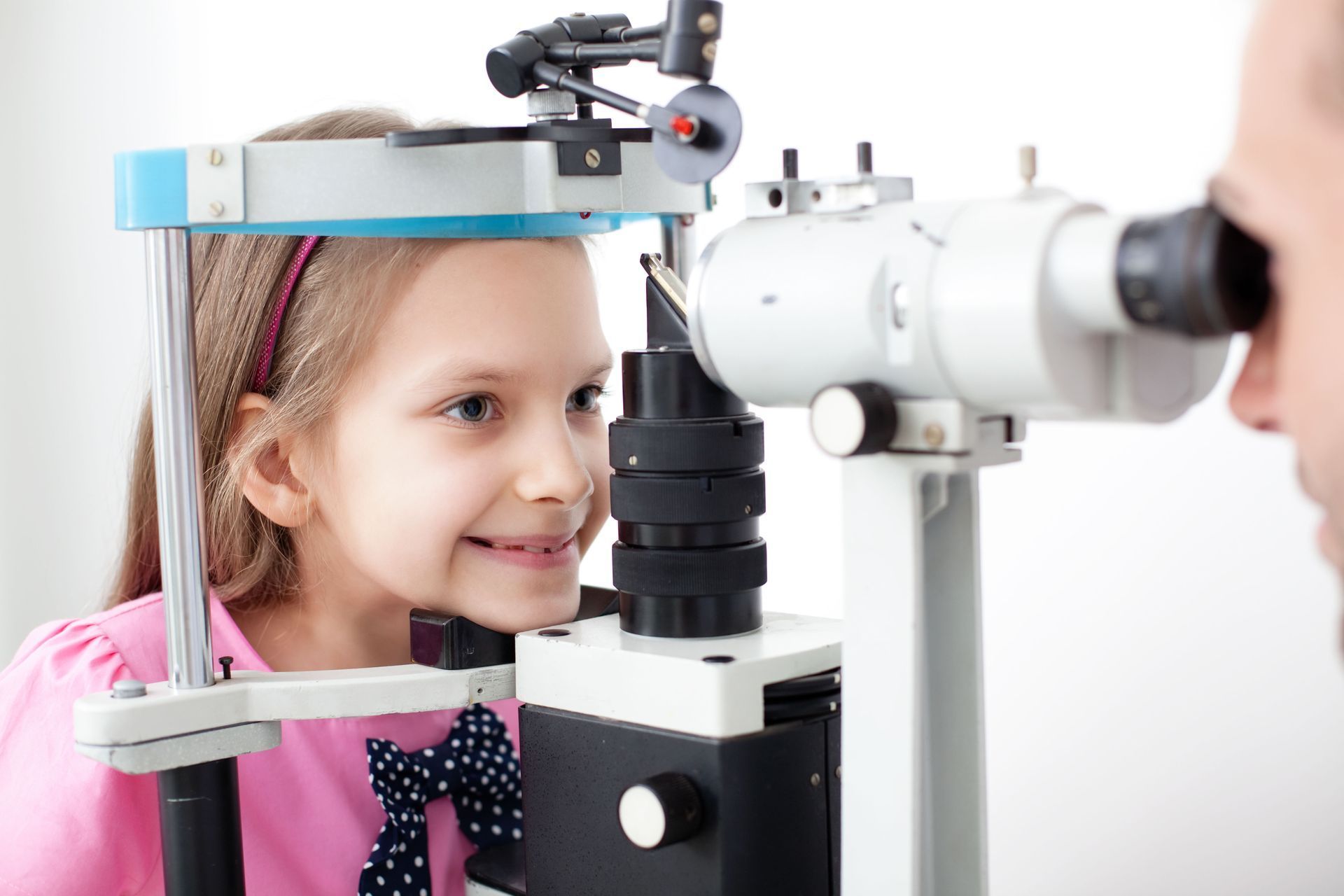July 26, 2023
An eye doctor is a medical professional specializing in the diagnosis, treatment, and management of various eye conditions and diseases. They play a crucial role in maintaining and improving the health of our eyes. Here are three different types of eye conditions that an eye doctor can help to treat.
1. Refractive Errors
Refractive errors are among the most common eye conditions and occur when the shape of the eye prevents light from focusing correctly on the retina. Common refractive errors include nearsightedness (myopia), farsightedness (hyperopia), and astigmatism. Eye doctors can diagnose refractive errors through comprehensive eye exams and prescribe corrective measures such as eyeglasses, contact lenses, or refractive surgery like LASIK. By addressing refractive errors, eye doctors help patients achieve clearer vision and improve their quality of life.
2. Eye Infections and Inflammations
Eye infections and inflammations can occur due to various causes, including bacteria, viruses, allergies, or foreign objects. Common conditions in this category include conjunctivitis (pink eye), keratitis (corneal inflammation), and blepharitis (eyelid inflammation). Eye doctors can diagnose and treat these conditions by prescribing antibiotics, antiviral medications, or anti-inflammatory eye drops. They may also provide recommendations for proper eye hygiene and offer guidance on preventing the recurrence of infections or inflammations.
3. Glaucoma
Glaucoma is an eye condition that can lead to irreversible vision loss if left untreated. It's characterized by increased pressure within the eye, which can damage the optic nerve. Eye doctors can diagnose glaucoma through comprehensive eye exams, including measuring eye pressure and assessing the optic nerve. Treatment options for glaucoma may include medicated eye drops, oral medications, laser therapy, or surgery. Regular monitoring and management by an eye doctor are essential to prevent vision loss and maintain the health of the optic nerve.
An eye doctor is there to assist with eye-related conditions, including refractive errors, eye infections and inflammation, and glaucoma. However, an eye doctor can also examine your eyes and ensure that they are healthy. According to Aetna, it's recommended that you visit an eye doctor every two to five years to have your eyes checked, depending on your age. If you're elderly or at high risk, you may need your eyes checked annually. According to All About Vision, it's estimated that only half of Americans considered to be at high risk for vision loss have seen an eye doctor for an exam in the past year. If you're due to have your eyes checked, reach out to Weber Optiks to schedule an appointment today.
